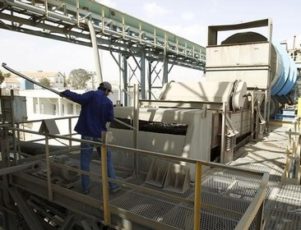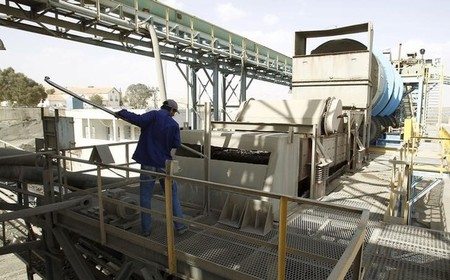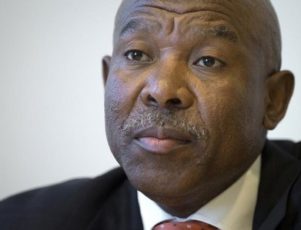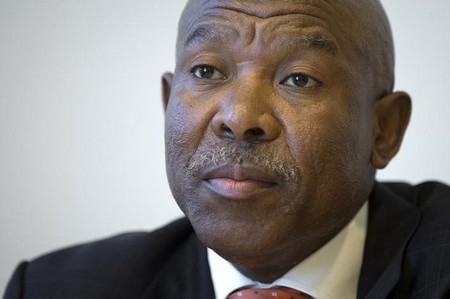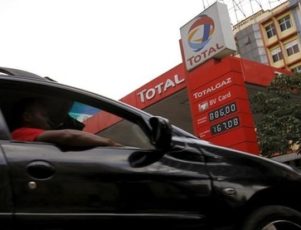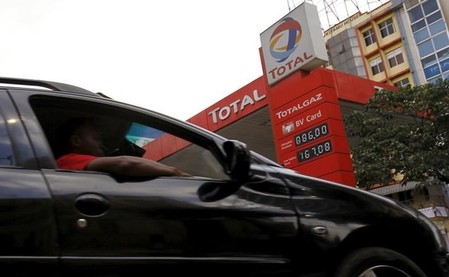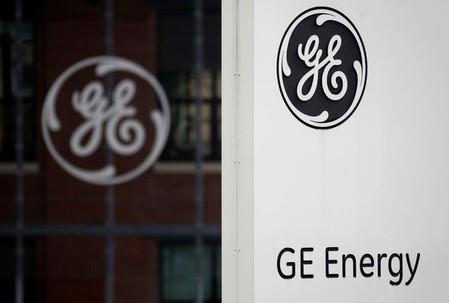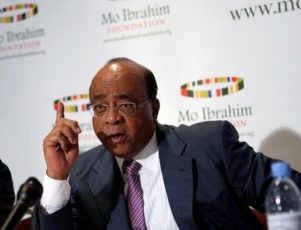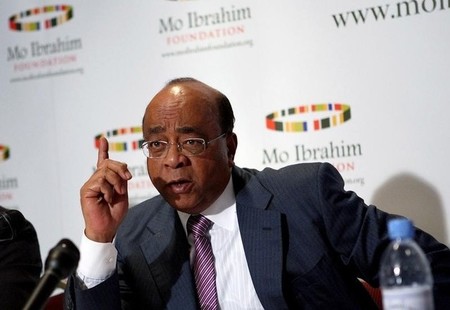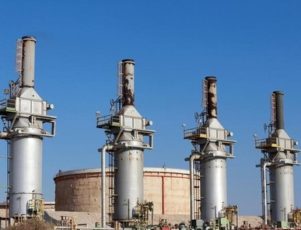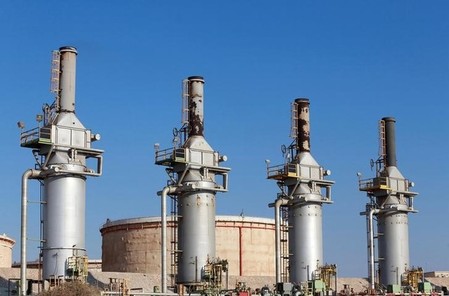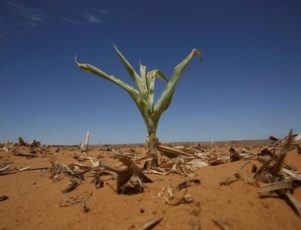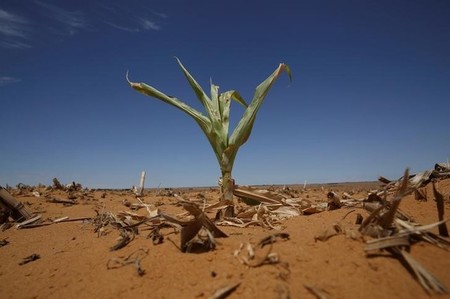By Tom Miles
GENEVA (Reuters) – Governments have a massive opportunity to boost national trade if they think strategically about how standards and regulations help or hinder SMEs to export, the Geneva-based International Trade Centre (ITC) said in a report published on Thursday.
“If you want to maximise your chances of getting your share of international trade, you need to be very strategic about where is the potential that you are not tapping into,” the ITC’s Executive Director Arancha Gonzalez told Reuters.
“The government has a possibility to open the door for businesses to follow, rather than the government following the regulatory framework of businesses that are trying to swim in this current by themselves.”
The ITC, a joint agency of the United Nations and the World Trade Organization that helps SMEs to trade, says its 300-page report, “Meeting the standard for trade”, offers a guide for small businesses and an action plan for governments.
Standards and regulations are key to competitiveness and one of the defining elements of trade in the 21st century, Gonzalez said, as consumers become more and more savvy and picky about where products come from and what they contain.
“Consumers are asking for more sophisticated standards. This is a huge challenge for SMEs, for governments, and for institutions. The option of no standards or lower standards is not an option,” Gonzalez said.
Standards are diverse. They determine whether a plug fits into a socket, whether a medicine can be sold, and whether we can understand foreign traffic signs. Regulations can mean safety rules for food or cars, or privacy rules for data storage. In all cases governments need to back the rules up with testing and certification.
The report identifies areas where countries are underperforming their export potential, which standards and regulations they should target to meet that potential, and what investments are needed.
There is an opportunity for trade in processed and fresh food within the Middle East and North Africa, for example, where the number of technical regulations for fresh food imports is four times higher than in other regions, Gonzalez said.
“There is no internal trade because the manner in which they are regulating is hugely burdensome. So they don’t trade with each other, they only trade with the rest of the world.”
Countries in the region could increase food exports to each other by $7.6 billion and to developing countries in Asia by $16.5 billion, the report said.
The Asia-Pacific region could export $400 billion more in IT and consumer electronics, and $1.7 trillion more overall, and had strong potential to diversify into chemicals exports, the report said.
Meeting standards can open markets and raise prices, but Gonzalez said governments should “craft” regulation with SMEs in mind, since smaller firms make up 98 percent of businesses and their ability to trade suffers disproportionately from red tape.
“A 10 percent increase in the regulatory burden means 1.6 percent less trade for large companies but 3.2 percent less trade for SMEs,” she said.
(Reporting by Tom Miles; Editing by Toby Chopra)

